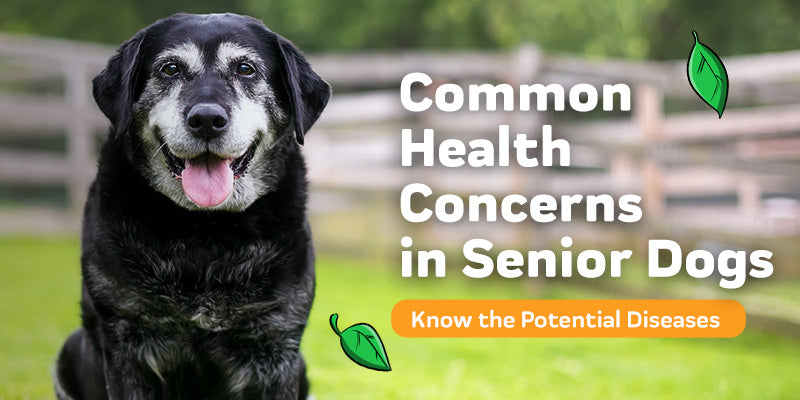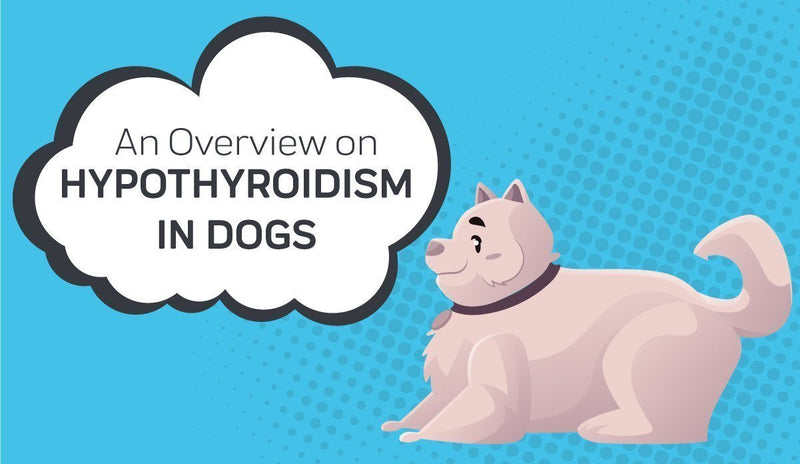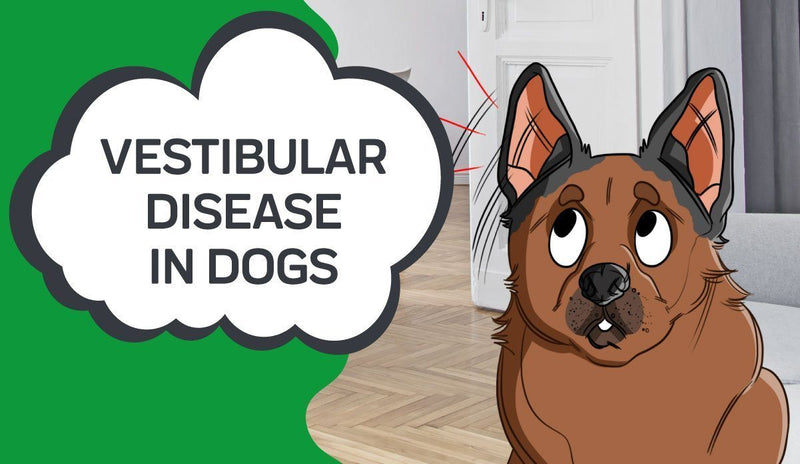- When should I worry about my cat breathing?
- Why is my cat wheezing and breathing heavily?
- What Are the Causes of Heavy Breathing in Cats?
- How to Treat Heavy Breathing in Cats
- How to Prevent Heavy Breathing in Cats
When should I worry about my cat breathing?
If you own a pet cat, any sign of rapid breathing or your cat is breathing heavily should be cause for concern. Dyspnea (or heavy breathing) in cats can be very scary to see, and often signifies that there is a deeper respiratory, heart, or lung problem.

This condition that results in rapid breathing can be attributed to a variety of things and maybe noticeable from some external indicators.
If you are ever concerned about your cat’s health, reaching out to a veterinarian is the safest bet. It is important that you make some fast moves to ensure that your cat has the best chance at a full recovery.
Today, we will define some of the more common signs of dyspnea and breathing problems in cats, as well as how you can treat it or prevent it from happening altogether.
As a pet owner, it is your responsibility to spot and care for any illnesses or conditions, so read on to inform yourself of the proper steps to take if your cat is breathing heavily.
Why is my cat wheezing and breathing heavily?
One possible cause for heavy breathing (and potentially wheezing) is that their heart may have been weakened from previous cardiovascular disease due to age or other factors which could lead them into congestive heart failure; this will usually present itself through labored breathing and eventually respiratory distress when they get too tired out muscling up enough oxygen while still trying to keep up circulation at the same rate because demand outweighs supply. Wheezing can also be a sign of asthma and can be caused by allergies or an infection such as feline pneumonia.
What Are the Causes of Heavy Breathing in Cats?
The first thing to know is that there are many warning signs that may point to dyspnea or other breathing conditions in cats. Rapid breathing or labored breathing is a more common sign, though it is not the only thing to be on the lookout for.

What causes Difficulty breathing in cats?
Cats are no strangers to labored breathing, but what is the cause? Experts say that it could be a reaction to certain types of foods or irritants in your cat's environment. It can even exist as an allergy symptom.
First, there are many reasons for labored breathing in cats and some even lead to death if left untreated; so it's important to get answers right away. Some causes include asthma, cancerous tumors on the lungs or other organs (like kidneys), blood clots forming inside vessels around the lung area which may break off and travel up into an artery where they block flow- this leads to high pressure because oxygen has nowhere else go but back out through veins until your cat starts coughing.
The most prevalent cause however originates from allergies - when pets with hypersensitive immune systems react strongly against foreign objects such as pollen particles released by plants like grasses or trees during pollination season.
If your cat is showing signs of a decreased appetite, a decreased level of energy, or other strange composure that is against the norm, there is a good chance that they are feeling ill.
Whenever a cat, or any animal for that matter, avoids their food and water bowls, it almost always means something is wrong and should be cause for concern. If this is the symptom that you are most alarmed by, a quick trip to the veterinarian can help to clear up your concerns and ensure that your cat gets the help it needs. Veterinarians will be able to properly diagnose the issue and can get to treating it.
Airway Obstructions
Heavy and rapid breathing are conditions that result from extra fluid in the chest. This extra fluid in the chest typically causes labored breathing and can interfere with the cat’s lungs. This, in turn, can impact the respiratory rate and how much oxygen is getting to your cat’s heart with each breath.
Dyspnea, however, is not the only condition that may be present if your cat is having breathing difficulties. If you notice any indication of rapid breathing, make sure to check the animal’s mouth and throat for signs of airway obstruction. This could happen if they swallowed a toy or a large amount of food at once and can make it look like they are in respiratory distress.
Asthma
Another chest condition that may reveal itself through breathing problems is asthma in cats. This is a condition that impacts the lungs and needs to be diagnosed by a veterinarian. It will often require regular medication and monitoring to treat as the cat’s lungs can grow tired from the labored breathing.
Heart and Lung Conditions
If you are seeing any signs of labored breathing, or if your cat is having difficulty breathing altogether, seek out veterinary care immediately. This is a symptom that you cannot ignore and can even lead to congestive heart failure or lung failure if it is left untreated.
How to Treat Heavy Breathing in Cats
Depending on the cause of the rapid or labored breathing, there are certain things that you can do to help alleviate their symptoms immediately.
For example, if you noticed the cause of the heavy breathing issue, is something obstructing their airway, do your best to remove it on your own as quickly as possible. After your pet has had enough time to calm down, its breathing should return to normal if this is the cause of the problem.

If, however, you think your cat may have dyspnea or asthma, it is important that you take a trip to the vet. With any severe respiratory rate, you cannot waste any time and must seek the attention of an expert as soon as possible. Labored breathing is not only miserable for the animal, but it can also be very dangerous and could be the cause of a lack of oxygen to the heart or even death if it is not addressed in a timely manner.
If you are unable to take your cat to the vet right away, make sure to keep your animal as calm as possible and remove any other stressors from the area. This may help your cat's breathing issue temporarily while you wait for your opportunity to get to the Vet.
Respiratory distress and respiratory infections require immediate medical attention and will necessitate medication and, in some cases, surgery to cure. It is important that you take any breathing problems very seriously and do everything in your power to get your cat the medical attention it needs.
In severe cases, the fluid that can accumulate in the chest will need to be removed. This requires surgery in order to drain the excess fluid out of the chest so that the cat will not have to work so hard to breathe.
Excess fluid cannot be treated through any other means than surgery and can cause a lot of issues if left untouched. If the vet notices signs of fluid or any other abnormalities through chest x-rays, it is very likely that surgery will be the only viable treatment option.
To be prepared, look into local vets that are open 24/7 in your area so that you know where to go in case you need emergency veterinary care.
How to Prevent Heavy Breathing in Cats
While certain health conditions, like heavy breathing and asthma, are unpreventable, there are things that you can do to keep your cat as healthy as possible.
Make sure to keep your cat nourished with a healthy, well-rounded diet that supplies it with all the proper nutrients. If you worry that they’re not getting all the necessary nutrients from their diet, check out our supplement range to boost your pet’s overall health.
This will not prevent dyspnea, per se, but it will give your animal a strong and healthy foundation if it were to be diagnosed with any breathing condition.
Additionally, keep your cat’s lungs, chest, and heart strong by maintaining a clean and well-ventilated environment. Ensure that your pet has adequate exposure to fresh air and oxygen and monitor their breathing from time to time to see if there are any signs of your cat breathing heavily.
Sources:
Dyspnea (Difficulty Breathing)Cat Asthma
Difficult or Labored Breathing in Cats















